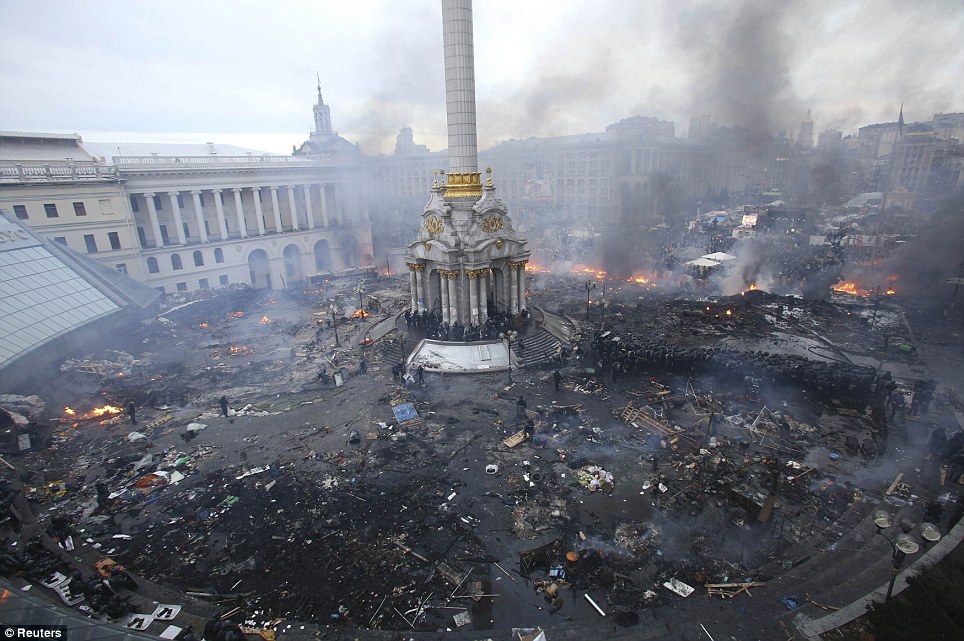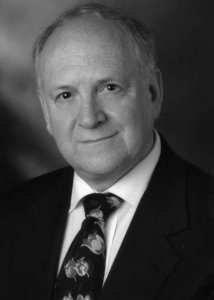
Jack Mattingly
Jack Mattingly is an American journalist who has lived and worked in Moscow. The views expressed here are his own.
Throughout the Ukraine crisis that began with the Maidan protests against President Viktor Yanukovich turning into a violent coup in February, Russian President Vladimir Putin has defied the expectations of his adversaries. When the newly installed Kiev rump parliament expected Putin and the pro-Russian parts of Ukraine like Crimea to accept the Maidan coup as a fait accompli, Russia stunned Kiev and the world by rapidly securing her Black Sea bases and the self-determination of the Crimean people without bloodshed. As a skilled strategist and negotiator, Putin likes to keep his opponents off balance by zigging when the West expects him to zag.
For weeks, Kiev has been warning its Western sponsors in Washington, London and Brussels that Russian forces could invade at any moment after Russia carried out exercises on its own territory very close to Ukraine. Adding fuel to the fire of speculation that a Russian invasion was imminent, many Russians were justifiably angered by Kiev’s ongoing military operations against its own citizens in southeastern Ukraine. Russians and many non-Russian anti-NATO leaning Europeans pointed to the State Department’s double standard, whereby Maidan activists could resort to force of arms and seize government buildings all over central and western Ukraine to topple the corrupt but duly elected Yanukovich, while pro-Russia Ukrainians doing similar things against an unelected rump parliament regime was terrorism. To the retort advanced by the U.S. State Department that the Maidanists did not have rocket propelled grenades or anti-air missiles, many Russians would respond that Maidan insurgents had all the freshly minted euros, Molotov cocktails and training in street fighting tactics from Latvia and Poland that they needed to topple Yanukovich, who would not dare deploy armor or helicopter gunships against the people the way Kiev has done.
For many Russians the last straw in overcoming any misgivings they might have had about sending Russian troops into what has historically been a brother Slavic Orthodox nation was last weekend’s premeditated massacre of anti-Kiev Odessa natives by Right Sector thugs who burned over 38 men and women alive at Odessa’s Trade Unions Building. The gleeful response by many EuroMaidan activists, including on the @EuroMaidanPR Twitter account to the murder of fellow Ukrainians who disagreed with the Maidan regime, made many Russians demand that Moscow act. And yet Putin is NOT invading Ukraine, and has renounced along with his Foreign and Defense Ministers any plans to do so.
During Wednesday’s press conference with the Swiss President Putin pushed for his solution to the budding civil war in Ukraine: postponement of the Donbass and Lugansk Republic referendums planned for this weekend and direct talks between the Kiev revolutionary regime and the elected southeast regional representatives.
As of this writing it is unclear how many Donbass activists will comply with Putin’s request, but one thing should be clear: Putin is correct that free and fair voting on autonomy from Kiev is impossible in southeast Ukrainian cities like Sloviansk or Kramatorsk now occupied by the Ukrainian Army. Nor can ballots and polling places in the Donbass be secured from roving bands of militarized Right Sector thugs wearing black uniforms who are kidnapping unarmed activists. In the rest of Ukraine, Washington is insisting that the May 25 presidential election will override all complaints about the legitimacy of the Kiev authorities. But it bears watching whether the Right Sector gangs and the neo-Nazi party Svoboda will engage in voter intimidation and ballot box stuffing outside the view of foreign election monitors.
With this weekend’s peace initiative, Putin is in effect saying to Kiev’s NATO backers: if you want peace instead of bloody civil war in Ukraine, then here’s one last chance to show restraint. Whether the power of ultranationalists who will denounce any negotiated deal on autonomy for southeastern Ukraine as "treason” will block a peaceful settlement remains to be seen. But for Putin the goal is clear: drive a wedge between Washington and European nations like Germany that will have far more to lose from Ukraine turning into the next Yugoslavia than the U.S.



_jpg/250px-ElbeDay1945_(NARA_ww2-121).jpg)







